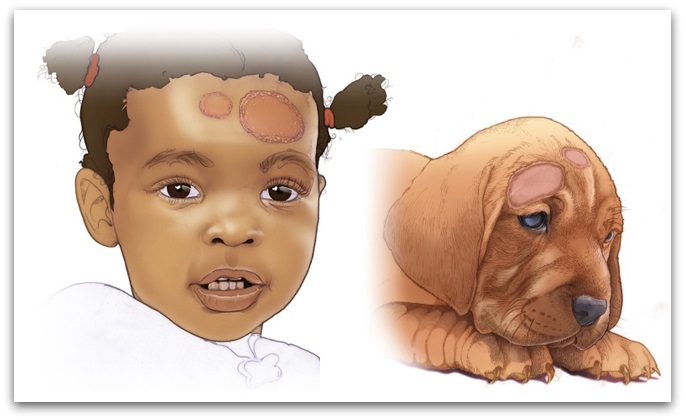

Pets can transfer bacteria, viruses and parasites to your body, so be careful.
Pets are part of the family for most people, but it should be borne in mind that they can be a source of illness, experts warn.
In order to avoid unnecessary risks to health, one should not exaggerate in expressing tenderness towards pets, this especially applies to children and people with weak immunity. Animals should not be kissed, and after petting them, you should wash your hands regularly and thoroughly.
The health risks posed by pets are primarily injuries – especially bites, allergies and infectious diseases known as zoonoses. Although some countries, such as Germany, have programs to report infectious diseases, the source of infection is not always found.
It is usually unclear whether the patient is infected by another person, animal or food, says Hendrik Wilkin, a veterinarian who researches zoonoses at the Robert Koch Institute (RKI), which is responsible for disease control and prevention.
In Germany, the most dangerous infection that can be acquired from pets is the parasite Toxoplasma gondii, says Wilking. “The infection can lead to very serious complications in people whose immune system is weakened,” he says.
As a result, toxoplasmosis presents with flu-like symptoms in some people. Cats host parasites, and humans can become infected directly from them or by eating meat infected with the parasite. Women who become infected before or at the beginning of pregnancy can pass the infection to the baby.
According to the Institute’s research, more than 4,000 pregnant women in Germany are infected with parasites each year and more than 300 children are born with clinical symptoms of toxoplasmosis. “These symptoms include neurological damage,” Wilking points out. “Pregnant women must observe hygiene measures around cats.”
Another study by the institute showed that having a cat in the house means an increased risk of Lyme disease, a tick-borne disease. “The cat catches the ticks outside and transfers them during petting,” says Wilking.
Does this mean people shouldn’t keep pets to be safe?

“Of course not,” says Wilking, citing numerous studies that show that pets are beneficial to the health of owners who are more satisfied with their lives than those without pets, they move more by walking them and have more social contact.
While living together with dogs and cats is a tradition that goes back thousands of years, keeping exotic reptiles has only become fashionable in the past few decades. A consequence of this is an increase in salmonella infections in children, as most snakes and lizards shed these bacteria in their feces. Salmonella infection can cause severe diarrhea.
“Reptiles should not be kept in children’s rooms, bathrooms, and especially in kitchens,” says Frank Mutshman, a veterinarian from Berlin.
Rodents do not pose a serious health risk, says Maximilian Reischel, a scientist at the University of Hannover.
But rabbits can transmit upper respiratory tract infections caused by the bacterium Pasteurellom multocids. Hamsters are often infected with tropical rat mites whose bites can cause red, pus-filled nodules in humans.








